If there is magic on this planet, it is contained in water.
-Loren Eiseley
Water. It’s vital for our life and our health, and we take it for granted.
According to the World Health Organization: 683, 967 deaths per year could be prevented if people had access to clean water. How can we help?
Water For People works towards providing sustainable and reliable access to water and sanitation to every family, school, and clinic that needs it. They’re currently active in Honduras, Guatemala, Nicaragua, Bolivia, Peru, Malawi, Rwanda, Uganda, and India.
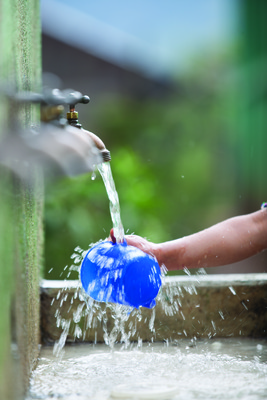
{image}
Share a photo showing how you appreciate water on Twitter, Instagram, or Facebook using the hashtag #iheartwater and tag @WaterforPeople. For every unique photo publicly shared through the month of April, ICF will donate $5 to Water For People.
Be creative! Do you love water most while cooking? Enjoying a cup of tea? Jumping into puddles? Hydrating after a long run? Tag me too (@robinelton) so I can see.
Help out at home during Earth month and every month with these 10 tips from ICF. (Bonus: you’ll save green by using them too.
- Install aerators to reduce water and watts. It takes energy to heat and deliver water to the bathtub, faucet, and other fixtures in your home that use hot water. Installing aerators in these fixtures can reduce the amount of water needed by 30%, and reduces the amount of energy required to heat and deliver the water.
- Save water with low-flow toilets. Consider installing a low-flow toilet, such as WaterSense labeled toilets that use 20 percent less water. If your toilet is from 1992 or earlier, replacing it with a high-efficiency model would use 60 to 80 percent less water.
- Garden with care. Grow plants that are native to where you live and that don’t require irrigation. Collect rainwater and use it to water your houseplants and garden.
- Make it a full load. Run your dishwasher only when it’s full. Don’t prerinse dishes—tests show prerinsing doesn’t improve dishwasher cleaning, and you’ll save as much as 20 gallons of water per load. When you buy a new dishwasher, look for one that saves water. Water-efficient models use only about 4 gallons per wash. Learn more about using water wisely here.
- Wash your laundry in cold water. Most loads don’t need hot water, and 90% of the energy used by washing machines goes into heating. The higher the water temperature, the higher the cost to you and the planet.
- Lower the temperature on your hot water heater. Many manufacturers set thermostats at 140°F (or 60°C). Most households can save energy and money by turning the temperature down to 120°F (or 49°C).
- Dry clothes naturally. A clothes dryer requires a lot of energy. Save money and energy by hanging your laundry to air dry. When you do use your dryer, clean the lint filter thoroughly after each load and don’t over dry the clothes.
- Enjoy natural light. Resist turning the lights on for as long as you can during the day. Instead, open your curtains to enjoy natural light.
- Replace light bulbs with LEDs or CFLs. LEDs use 80% less energy than incandescent lights and could last 10 years or longer. CFLs use approximately 30% less energy than incandescent lights. Several major retailers recycle CFLs, so now you can conveniently recycle at the end of their life.
- Truly turn off electronics. When plugged into an outlet, electronics and appliances use energy, even when turned off. Some electronics use the same amount of energy when on “standby” as when in use. Plug your devices into a power strip. One flip of a switch on the power strip lets you turn everything off when not in use.
How do you conserve water and energy?
Don’t forget to tag me in your water photos!





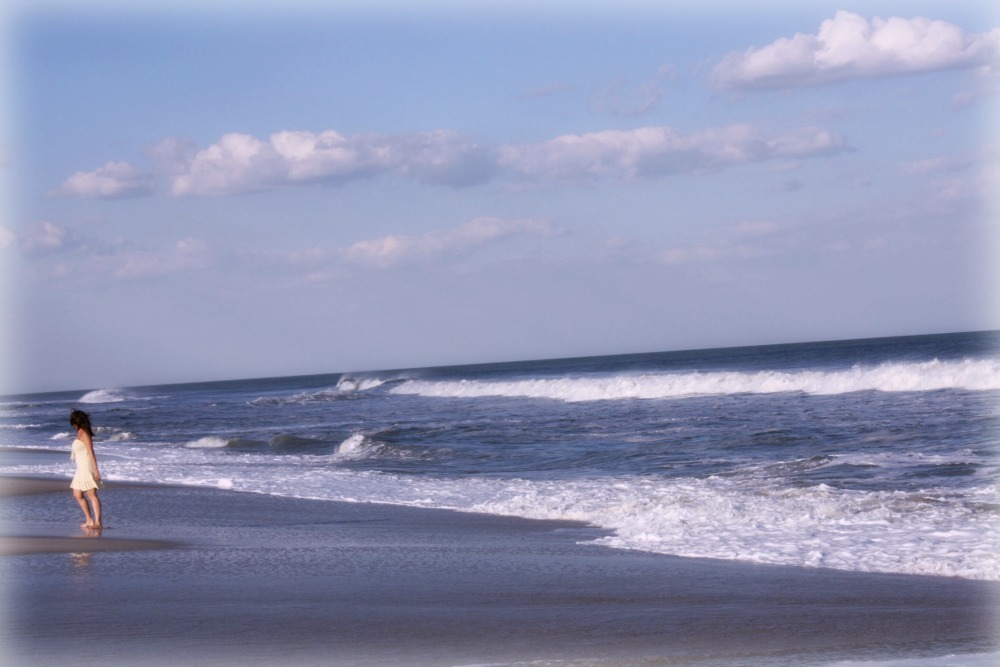
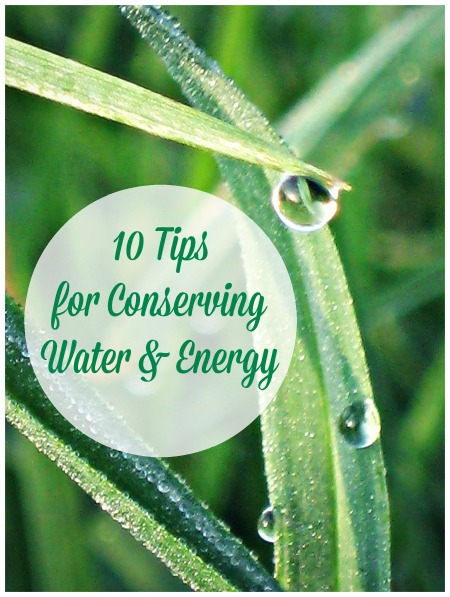




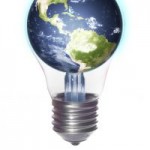
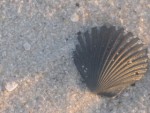
Leave a Reply